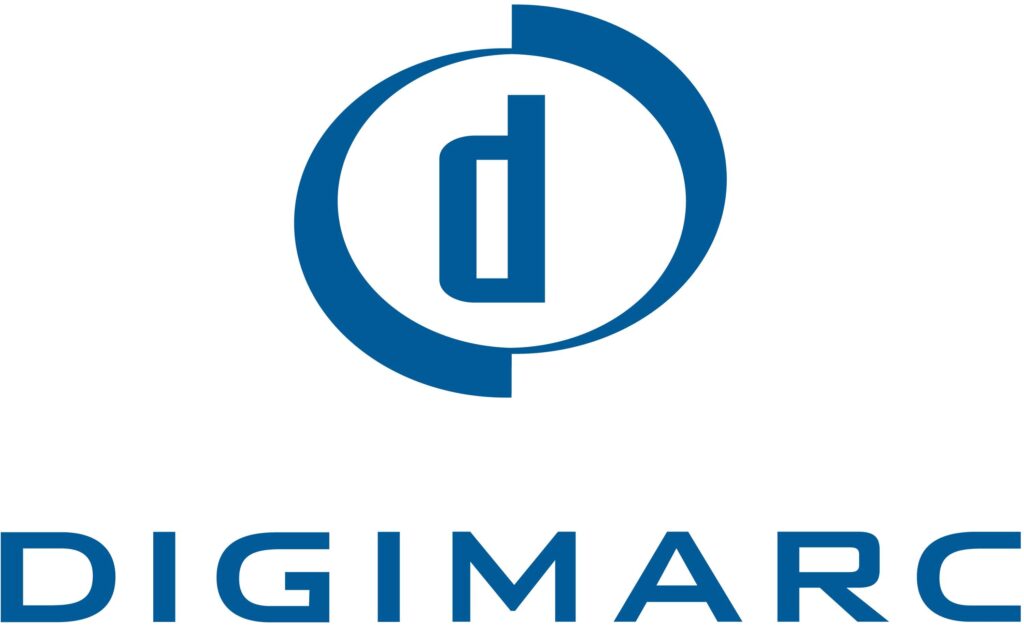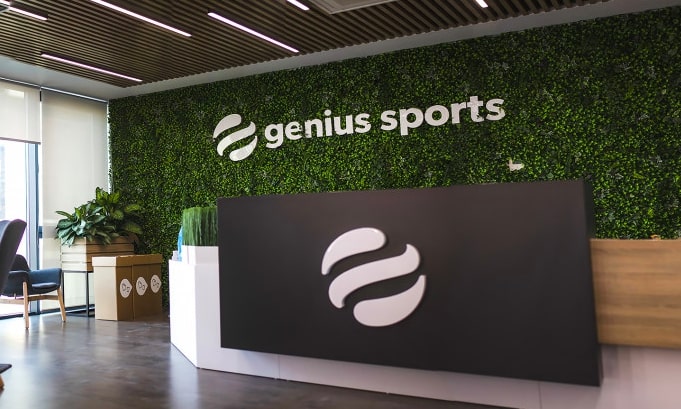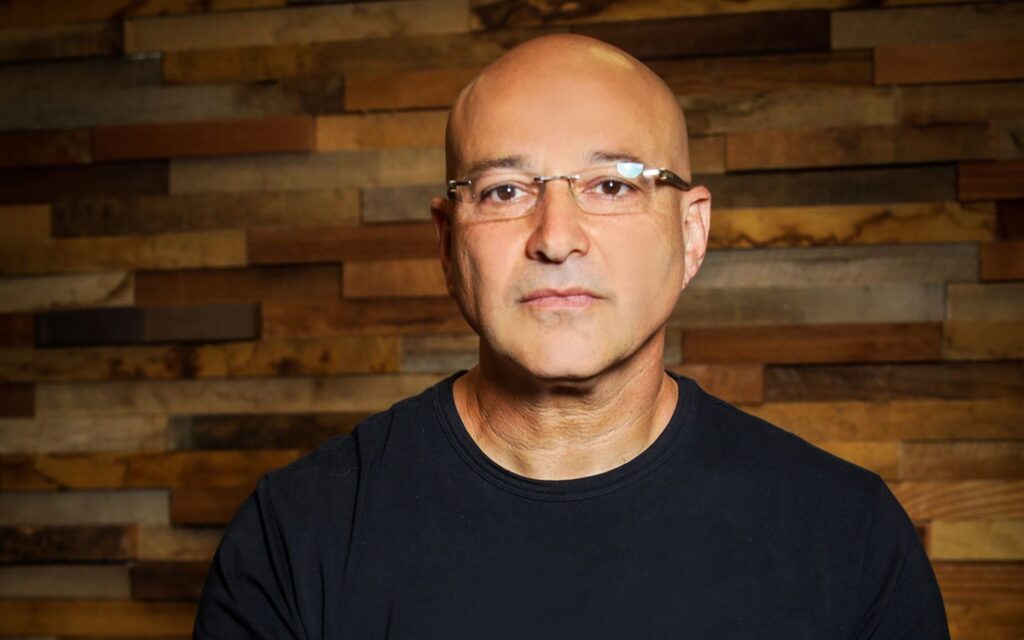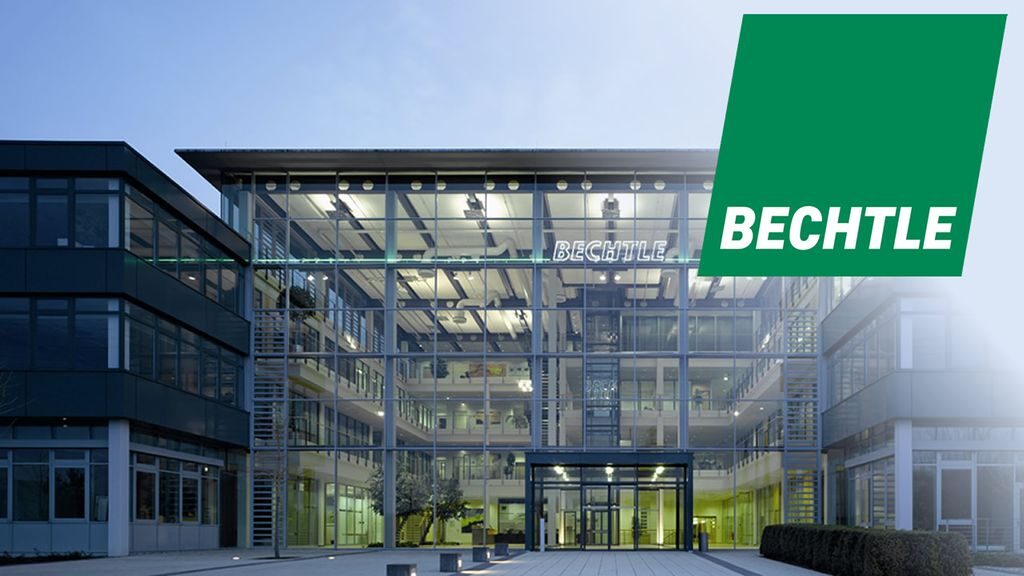Veritone – A Company That Is Investing In Unleashing The Undiscovered Potential Of AI.
Humans are making progress with technology every day, hence we are constantly discovering and learning something. The real power of an invention remains unknown until and unless the entire world is trying to fathom it. Artificial Intelligence is a very prominent example to understand the various layers of how an invention slowly unfolds its power. Veritone, founded in 2014, by Chad and Ryan Steelberg has embraced the entrepreneurial journey to do the same. They have founded Veritone to explore and unleash different powers of AI that the world hasn’t witnessed before. The main goal of the company is to offer AI-powered solutions to solve some of the biggest complicated challenges of the modern world.
About Veritone
Veritone is an artificial intelligence company based in Costa Mesa, California. The company was founded in 2014 and within the next few years went international. Veritone has offices in California, New York City, Denver, London, and other places. It is a publicly-traded company (traded on NASDAQ Global Market) and offers services to more than 1,500 customers across the globe. It has a very diverse customer base that ranges from media conglomerates to various police agencies. Veritone has two wholly owned subsidiaries, Veritone One and Veritone Digital that offer content management solutions and licensing services. Veritone’s most famous product is its proprietary software system, aiWARE which is used by worldwide customers.

Company’s Story
Both brothers, Chad and Ryan Steelberg, grew a deep interest in technology from a very young age. Their dream was to welcome the world into a new age of technology. Eventually, when they started their career life, their experience grew and wanted to build an AI-powered empire for the world. So, with the past experience and a zeal to create a new empire, the two brothers founded Veritone in 2014. Three years after founding the company, Veritone decided to go public but unfortunately suffered a loss of $59.6 million in that year. It also acquired a company called Atigeo Corporation during the same time. In 2018, the company acquired four new businesses, including, Machine Box, Wazee Digital, Performance Bridge, and S Media Limited. At the end of 2018, the company recorded a loss of $61.1 million.
In 2019, the company heavily invested in ads for clients like Uber, LinkedIn, HelloFresh, Audible, etc. Since the company was facing losses, in 2020 it received a loan of $6.5 million from Sunwest Bank. The company later announced that it would return the full loan because it has the financial flexibility to maintain its capital position. In 2022, Veritone became the winner of the 14th Annual Media Excellence Awards for Best Artificial Intelligence.
About The Founders
The two brothers, Chad and Ryan Steelberg founded Veritone in 2014 with the sole purpose to extend the application of AI by manipulating its unexplored power. But, at the same time, they made sure that the company also follows all the ethical rules to do the same.
Apart from being one of the co-founders of the company, Chad Steelberg is the current CEO and Chairman of the Board as well. Before co-founding Veritone, he served as a board member of Brand Affinity Technologies for almost five years. He also worked at Google for a year as the general manager of the Audio Division. He is also the co-founder of an advertising company that was acquired by Google in 2006. The first company founded by Chad Steelberg was Adforce, an independent ad service company that was eventually acquired by CMGi.
Ryan Steelberg is the co-founder of Veritone who also co-founded dMarc Broadcasting, an advertising company with his brother. He is currently the President of Veritone One and also became the President of the parent company in 2017. For seven years, he worked with Brand Affinity Technologies as its CEO and President. At Google, he worked as the Head of the Radio Division.

Annasha Dey is an NIT student, who apart from studying engineering is also a content writer. She has a great interest in photography, writing, reading novels, and travelling as well. She is a foodie who loves socializing and hanging out with her friends. She is also a trained Kathak dancer and a big fashion enthusiast. Dey also loves watching TV series, which includes F.R.I.E.N.D.S. and Big Bang Theory. To be a better writer she prefers to read more




